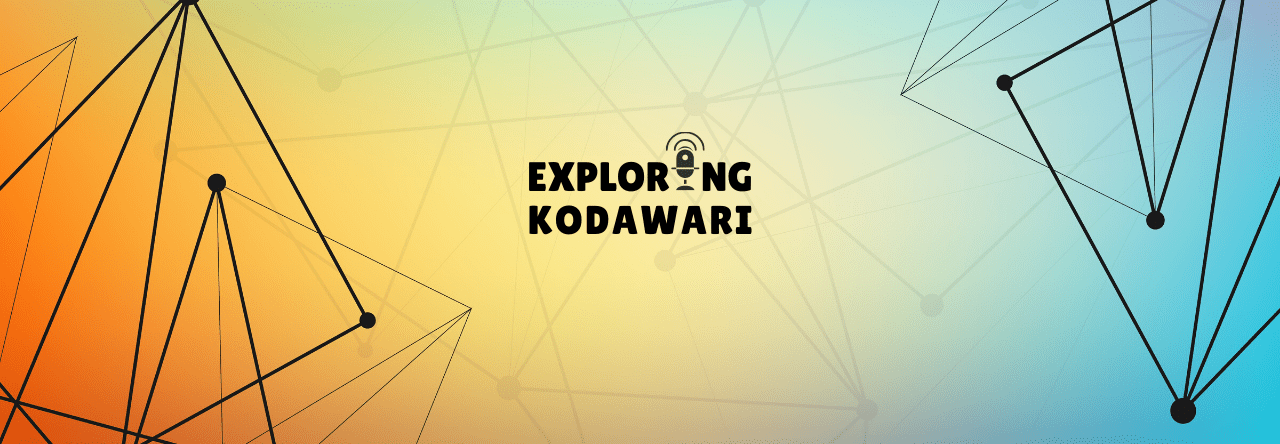“Any model of communication is at the same time a model of trans-lation, of a vertical or horizontal transfer of significance. No two historical epochs, no two social classes, no two localities use words and syntax to signify exactly the same things, to send identical signals of valuation and inference. Neither do two human beings […] Thus a human being performs an act of translation, in the full sense of the word, when receiving a speech-message from any other human being. […] ‘Translation,’ properly understood, is a special case of the arc of communication which every successful speech-act closes within a given language. […] In short: inside or between languages, human communication equals translation.”
—George Steiner from After Babel
In this episode, we explore the concept of communication from a few different angles. We start with the mind-blowing idea from the above quote that all communication—whether it’s between two different languages or within the same one—involves a translation. And all translations involve, no matter how subtle, a loss or change in the original information. In this sense, languages are approximations of ideas that are themselves approximations of reality. While this may seem obvious to some, I only fully connected to the depth of this concept after I began learning Turkish.
In addition to this zoomed-out concept of communication/translation, we also explore a few different theories about how our human ancestors may have acquired language—from the universal grammar of Noam Chompsky to the idea that language grew out of collective rituals like grooming, music, dance, or other symbolic representation.
There is a lot of debate on that front, but however language appeared, it is unique to humans and is probably why we so quickly out-competed the other non-Sapien homo species. In short, language allowed for the creation of shared myths—metaphorical truths—that could organize Homo-sapiens into much larger groups. Unlike physical characteristics, which are beholden to the slow evolution of genes and biology, stories and culture can adapt very quickly to meet the changing demands of the environment.
And then after we zoom out on the history of language like that—and since Yankı is over six years into learning English and I’ve been learning Turkish for about 4 years—we finished by talking through what it’s like to learn a second language and all of the funny situations that it causes, especially in our own relationship.
Timestamps:
- [03:20] When communication fails
- [09:47] Communication between different languages
- [14:24] Why all communication is a translation
- [18:14] Did language come from music?
- [22:22] Language and the cognitive revolution
- [27:38] Inventing words in order to encapsulate concepts
- [34:20] Noam Chomsky’s universal grammar vs. other “continuity theories”
- [38:55] My personal journey of learning Turkish
- [46:26] Dialogue and conversation as an aid for thinking
- [51:19] How language affects our view of the world and the geographic languages like Guugu Yimithirr that don’t have left and right
- [55:23] Words and concepts that don’t translate between languages
Links:
- Lost In Translation: The Power Of Language To Shape How We View The World by NPR’s Hidden Brain
- Manolis Kellis on human communication and language (from Lex Freedman Podcast)
- This Is Your Brain On Communication by Neuroscientist Uri Hasson
- Languages That Don’t Use Left or Right
Support Us:
You can always support us by leaving a rating or review in your podcasting app. You can also share our episodes with friends on social media.
But it does take a lot of time to put together a podcast, maintain a website, and write new content every week. So if you would like to support us in a more substantial way, consider making a donation through the PayPal buttons on our website:
https://exploringkodawari.blog/donation/
Follow Us:
- Our Website/Blog
- Newsletter
- Twitter: @EKodawari
- Instagram: @exploringkodawari
- Facebook: facebook.com/ExploringKodawari
